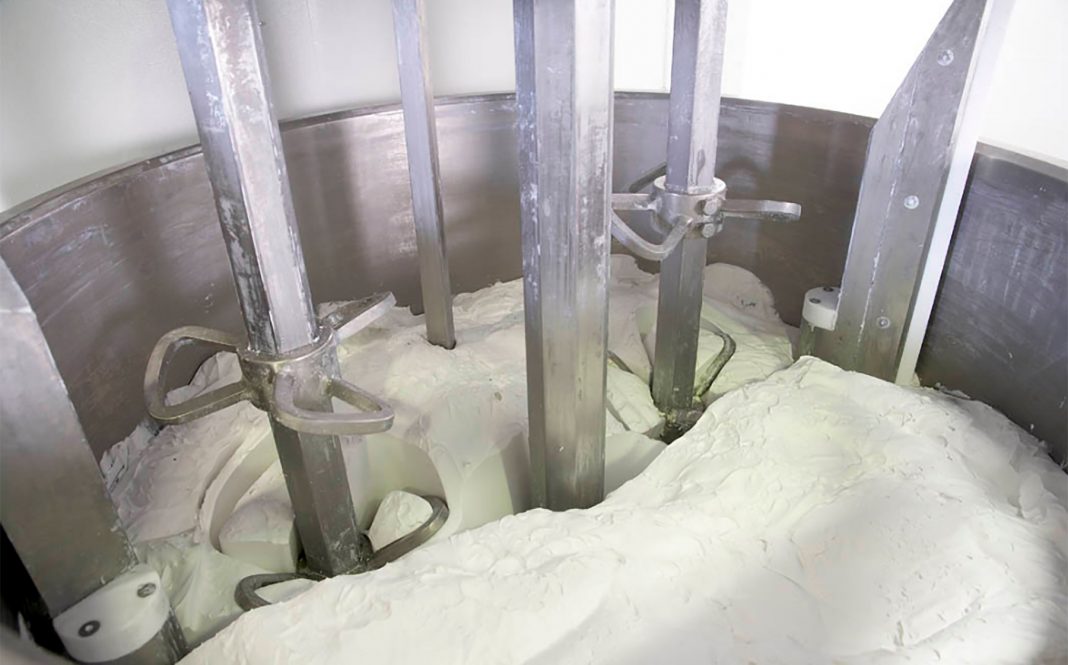Shortages and price rises suffered by sealant and adhesive suppliers and their customers are expected to continue into 2022 with further pressure on costs and availability, albeit to a lesser degree than previously.
That is the headline forecast of the BASA (British Adhesives and Sealants Association) in its latest report, which adds that its members have absorbed many of these rising costs and changed their manufacturing schedules to mitigate against shortages and increased lead times.
The report continues: “Inflation is not restricted to the UK, nor to industrial commodities. The UK Retail Price Index stands at 4.6% and in the USA, consumer prices have risen rising at their fastest rate in almost 40 years, with inflation up 7% year-on-year in December 2021. The prices of the raw materials used in the manufacture of sealants and adhesives continues to rocket. The latest information from the British Coatings Federation indicates that solvent prices have risen by 78% in the last 3 months to the end of November 2021 compared with a year ago with resins and related materials prices 39% higher.
“Oil prices, which rose by 50% in 2021, look set to continue to grow in 2022. A lack of production capacity, increased demand as the pandemic starts to wane, and limited investment in the sector could lift crude to $90 or even above $100 a barrel in the third quarter of the year. In addition, silicone prices remain high, although they have abated somewhat from last year’s record highs.
“Due to these massive price hikes, some chemical companies have been forced to introduce force majeure measures which resonate through the sealant and adhesives sector. BASA members which could have been more agile, swapping suppliers to achieve better prices and more secure supply, have been prevented from doing so by the UK REACH regulations.
“But it is not just raw material costs putting pressure on the price of the sealants and adhesives used in so many finished goods and packaging, some of them global, some specific to the UK. Delays, increased paperwork, and growing tariffs and duties as a result of Brexit have now filtered through to finished goods. And with new customs procedures introduced on 1 January 2022 – including the removal of some of the temporary customs and VAT easements for goods moving between Great Britain and the EU – these costs and will continue to mount in the sector.
“Labour shortages and wage inflation at all levels continues to play a role in the sealants and adhesives market. BASA members are reporting that up to 25% of their workforce has been absent in January 2022 either infected with COVID or isolating afterwards. This had led to a drop in productivity as firms struggle to juggle processes and people for maximum efficiency. Anecdotally members have been forced to deploy senior managers and technicians to packing and warehousing roles just to fulfil orders on time.
“BASA members have absorbed many of these rising costs and changed their manufacturing schedules to mitigate against shortages and increased lead times all have been compelled to pass on some price increases. Every BASA member is working hard right now to meet demand, communicate with suppliers and customers, and to try to manage the supply chain in unparalleled circumstances.
“BASA is an unincorporated Trade Association set up to act as the voice for the sealants and adhesives industry and to represent its members and the industry and to offer guidance on technical and compliance issues. Drawing on the expertise and experience of its members, BASA works closely with the British Standards Institute to set and monitor high industry standards.












